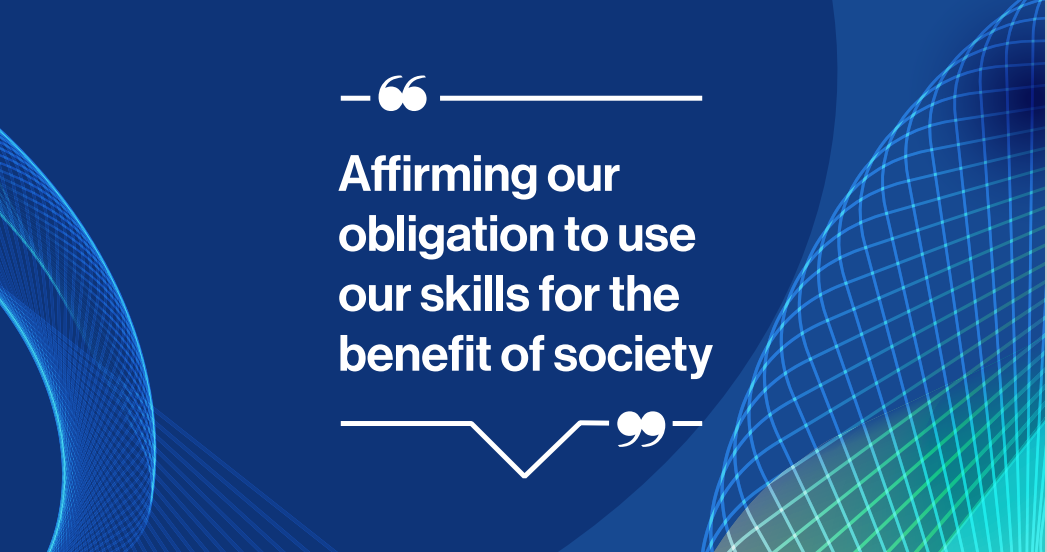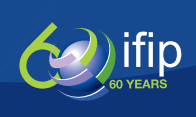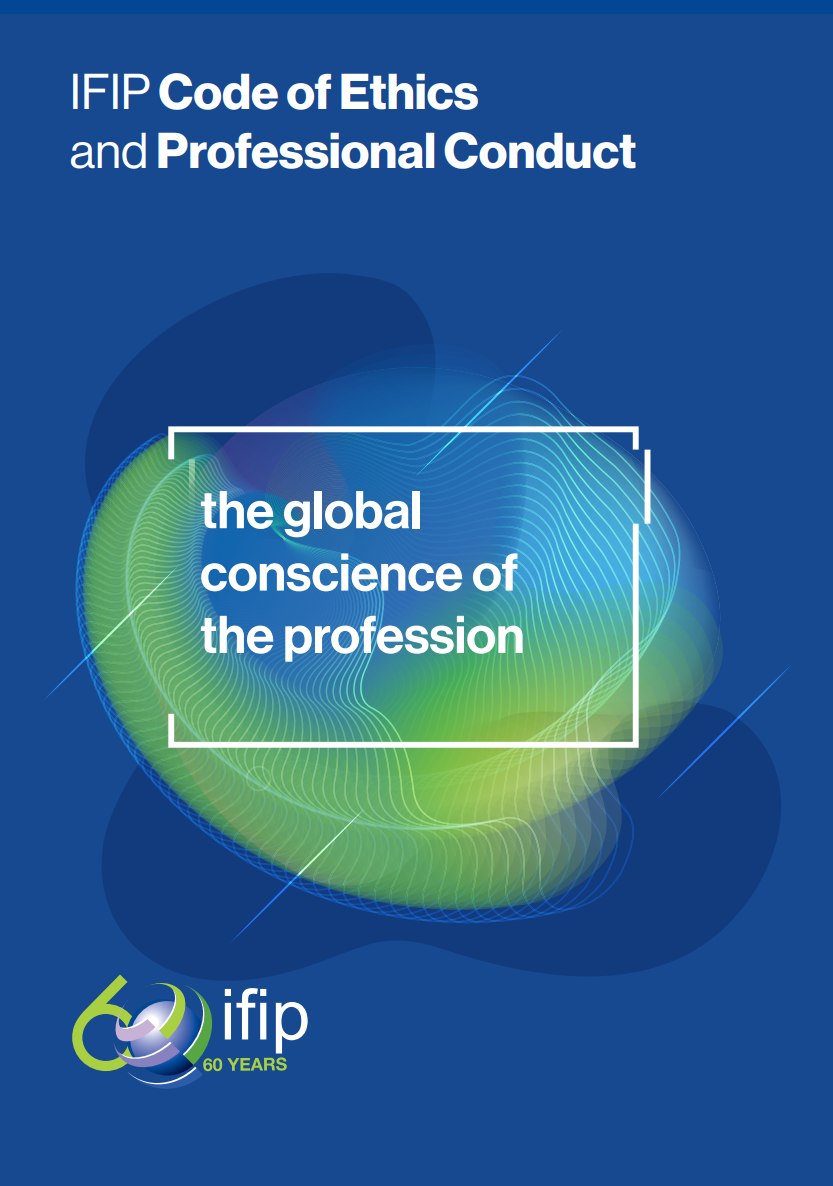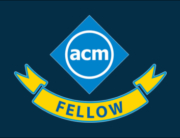Code Sets New Standards for Ethical and Professional Conduct by ICT Practitioners
Thursday 28 January 2021 – IFIP, the global professional body for people working in the ICT sector, today announced the launch of its new Code of Ethics and Professional Practice.
IFIP President, Professor Mike Hinchey, said the new Code of Ethics provides a much-needed global standard for the fast-moving technology sector.
“With the COVID pandemic expediting the uptake of new and emerging technologies around the globe, the IFIP Code of Ethics is a timely reminder of the need for technologists to always conduct themselves ethically and professionally,” he explained.
“Technology today underpins almost every interaction, communication or business transaction so it’s critical that it performs reliably and that users can trust the people who create, support and maintain it.
“The IFIP Code can serve as a template for our member societies to update their own codes or can be adopted alongside their local codes. We’ve already had ICT professional societies in Finland, Japan, South Africa and The Netherlands advise that they are planning to adopt part or all of the new code,” Professor Hinchey said.

International Ethics Experts Lead Project
The IFIP Code of Ethics was developed by a Task and Finish Group comprising international experts from across IFIP. They used the ACM Code of Ethics as their starting point, engaging in a two year process of extensive consultation and review to ensure the final code was truly global in its intent and application.
The Task and Finish Group included:
- Professor David Kreps (Chair), who also chairs IFIP’s Technical Committee 9 – ICT and Society);
- Professor Don Gotterbarn, a globally respected ethics researcher who chairs the ACM Code Update Committee, as well as leading IFIP’s Special Interest Group 9.2.2 on Frameworks for Codes of Ethics;
- Moira de Roche, chair of IFIP’s International Professional Practice Partnership (IP3) and IFIP Board member; and
- Margaret Havey of CIPS, representing the IFIP Member Societies Assembly.
IP3 Chair, Moira de Roche, said ethics are an essential hallmark of professionalism.
“Everything revolves around ethics and the attitudes and behaviours that ICT practitioners engage in when designing and implementing ICT systems and solutions,” she said.
“As the guardian of professionalism within IFIP, IP3 is delighted that we now have an excellent code that can be an exemplar for the whole world, including our member societies, governments and the business community.”
 Ms de Roche said IP3 is keen to work with governments and businesses around the world to operationalise the code and integrate its principles into their workplaces.
Ms de Roche said IP3 is keen to work with governments and businesses around the world to operationalise the code and integrate its principles into their workplaces.
“We want to see ethics become an integral part of every organisations’ technology DNA so that as new technologies like AI and big data have an ever-increasing impact on the way we live and work, that the needs of consumers will not be overlooked,” she said.
The IFIP Code of Ethics and Professional Practice was endorsed by the IFIP General Assembly at its final meeting late last year and is now available on the IFIP website.
 IFIP has also developed a series of case studies to provide context and help illustrate the kinds of situations which can become problematic if ethical issues are not considered.
IFIP has also developed a series of case studies to provide context and help illustrate the kinds of situations which can become problematic if ethical issues are not considered.
About IFIP
IFIP, the International Federation for Information Processing, is the global professional federation of societies and associations for people working in Information and Communications Technologies and Sciences. Established under the auspices of UNESCO in 1960 and recognised by the United Nations, IFIP last year marked its 60th anniversary, with celebrations delayed due to COVID and now being marked at a range of events throughout 2021. Today it represents ICT professional associations from more than 50 countries and regions with a total membership of over half a million. It also brings together more than 3,500 scientists from industry and academia, organising them into over 100 Working Groups and 13 Technical Committees to conduct research, develop standards and promote information sharing. Based in Austria, IFIP organises and supports over 100 conferences each year, fostering the distribution of research and knowledge to academics and industry practitioners alike.
Website: http://ifip.org
Latest news: http://ifipnews.org
About IP3
The International Professional Practice Partnership (IP3) is the professionalism arm of the International Federation for Information Processing (IFIP), the global body for ICT professionals. IP3 is leading the development of the global IT profession by providing a platform to help shape and implement relevant policies to foster professionalism in ICT worldwide. Its mission is to establish a global partnership that will strengthen the ICT profession and contribute to the development of strong international economies by: defining international standards of professionalism in ICT; creating infrastructure to encourage and support the development of both ICT practitioners and employer organisations; and give recognition to those who meet and maintain the required standards for knowledge, experience, competence and integrity. To carry out this mission, IP3 works closely with member bodies and partners who share its commitment to creating a sound global ICT profession.
Twitter: @IP3news
Media contacts
Shubangi@kiteservices.com.au






